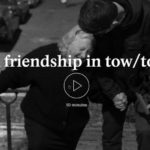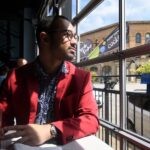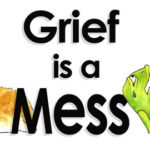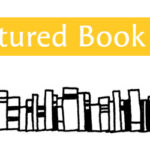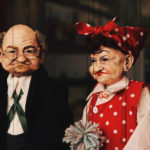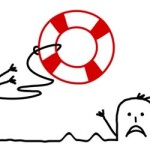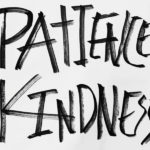
As kids we learned “we need to know” to be valued by others. From an evolutionary perspective, the more we knew the safer we were while wandering the plains. Between the Serengeti and the streets of New York, however, “knowing” has become a downright pain in the neck. We seldom even consider that we might not know what we don’t know… because “needing to know” married “needing to be right!”
Maimonides said: “Teach thy tongue to say I don’t know and thou shalt progress.” Hmmmm… do you smell wisdom there?
Author Austin Kleon recently wrote a short piece on this topic. I read it twice. I needed to know what it said in order to not be a pain in the neck! Enjoy!
Teach your tongue to say I don’t know
I’ve long believed that “not-knowing” is the proper mental state for making art, but I’m starting to think it’s the proper mental state for going about life in general. (As Mike Monteiro says, “The secret to being good at anything is to approach it like a curious idiot, rather than a know-it-all genius.”)
“Whatever inspiration is, it’s born from a continuous ‘I don’t know,’” said the poet Wislawa Szymborska in her 1996 Nobel Prize lecture. She spoke of why she values “that little phrase ‘I don’t know’ so highly”:
It’s small, but it flies on mighty wings. It expands our lives to include the spaces within us as well as those outer expanses in which our tiny Earth hangs suspended. If Isaac Newton had never said to himself “I don’t know,” the apples in his little orchard might have dropped to the ground like hailstones and at best he would have stooped to pick them up and gobble them with gusto. Had my compatriot Marie Sklodowska-Curie never said to herself “I don’t know”, she probably would have wound up teaching chemistry at some private high school for young ladies from good families, and would have ended her days performing this otherwise perfectly respectable job. But she kept on saying “I don’t know,” and these words led her, not just once but twice, to Stockholm, where restless, questing spirits are occasionally rewarded with the Nobel Prize….
Szymborska said that inspiration was not just the domain of poets and artists, but people in all sorts of work — work that “becomes one continuous adventure as long as they manage to keep discovering new challenges in it.” Their curiosity is never quelled, and “[a] swarm of new questions emerges from every problem they solve.”
Here is how the actor Philip Seymour Hoffman described getting into the role of Truman Capote:
I think you have to kind of start with saying, “I don’t know. I don’t know how the hell I’m going to do this at all.” Really be as naive as possible, you know, as ignorant as possible, because then you can keep yourself as wide open as possible for anything that could be of help, could be of use…
“Naiveté,” is the title of the penultimate chapter of Gareth Matthews’ Philosophy and the Young Child, and in which he writes, “An adolescent or adult who writes poetry or does philosophy has to cultivate innocence to be able to puzzle and muse over the simplest ways of saying and seeing things.”
There’s a big connection between philosophy, wonder, and puzzlement. Wittgenstein: “A philosophical problem has the form: ‘I don’t know my way about.’”
I think this “puzzlement” is in good art, too. The artist, like the philosopher, is exploring what she doesn’t know.
Bertrand Russell said of philosophy,
“if it cannot answer so many questions as we could wish, has at least the power of asking questions which increase the interest of the world, and show the strangeness and wonder lying just below the surface even in the commonest things of daily life.”
Sounds like art to me!
This is, again, why I rail against being called an “expert” or a “guru”: the minute you think you know everything — or anything, really — you’re out of that state that leads to good creative work. The more time you spend giving people answers, the less time you spend asking questions.
Here’s Matthews on why we should make room in our lives for philosophy, or what Robert Spaemann calls “institutionalized naiveté:”
Sophistication may bring increased knowledge and, perhaps, a refined sensibility. But it may also encourage a cult of experts, dull sensitivity, and may reward flatulence in thought and language. Every society needs a barefoot Socrates to ask childishly simple (and childishly difficult!) questions, to force its members to reexamine what they have been thoughtlessly taking for granted.








